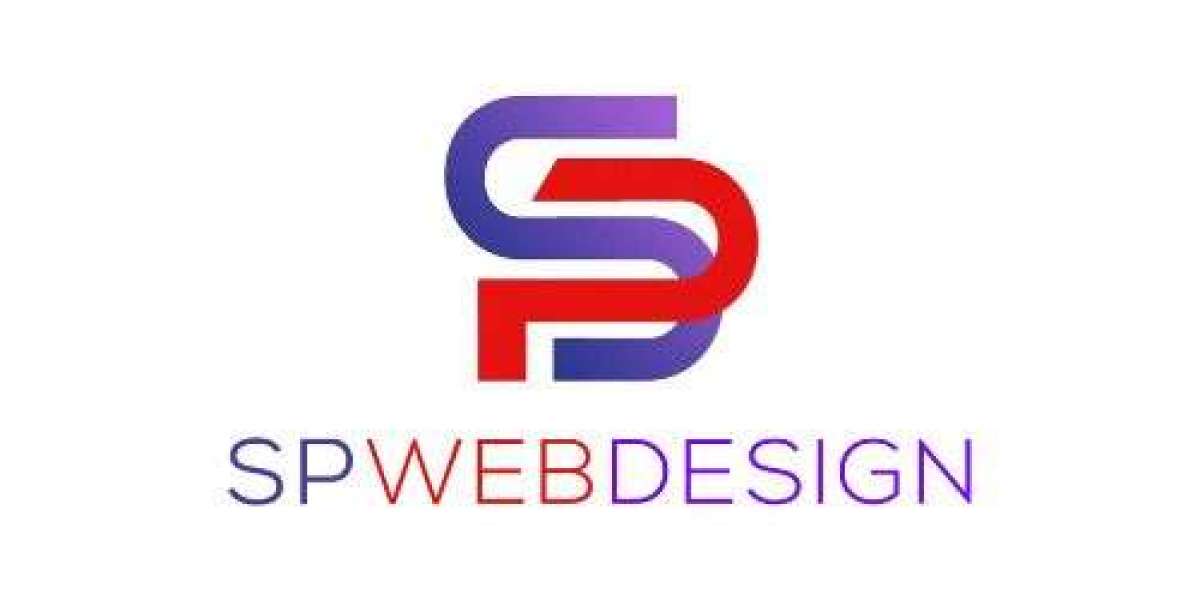In the rapidly evolving landscape of website development, the ethical considerations have become increasingly paramount. As we advance into 2024, developers are facing new challenges and responsibilities that require a keen understanding of ethical principles. This article delves into the core ethical issues in web development, highlighting the best practices that ensure not only compliance with legal standards but also the fostering of trust and integrity in digital spaces.
1. Data Privacy and Security
One of the foremost ethical considerations in website development is the protection of user data. With the growing volume of personal information shared online, developers must prioritize data privacy and security.
User Consent and Transparency
Obtaining explicit consent from users before collecting any personal information is not just a legal obligation but a moral one. Transparent communication about data collection practices and usage helps build trust with users. Developers should implement clear, concise privacy policies and ensure that these policies are easily accessible.
Secure Data Storage and Transfer
Data breaches can have devastating consequences for both users and businesses. To mitigate such risks, developers must employ robust encryption methods for data storage and transfer. Regular security audits and the implementation of secure coding practices are essential to safeguard user information against unauthorized access.
2. Accessibility and Inclusivity
Creating websites that are accessible to all users, regardless of their physical or cognitive abilities, is a critical ethical responsibility.
Adhering to Accessibility Standards
Developers should adhere to the Web Content Accessibility Guidelines (WCAG) to ensure their websites are usable by people with disabilities. This includes providing text alternatives for non-text content, ensuring sufficient color contrast, and enabling keyboard navigation.
Designing for Inclusivity
Beyond technical compliance, ethical website development involves designing with inclusivity in mind. This means considering the diverse needs of users, including those with disabilities, and ensuring that content is understandable and navigable by everyone.
3. Ethical Design Practices
The design choices made during website development have significant ethical implications. Developers must be mindful of the potential impacts of their design decisions on user behavior and well-being.
Avoiding Dark Patterns
Dark patterns are deceptive design practices that manipulate users into taking actions they might not otherwise choose. Examples include hiding opt-out options, using confusing language, or designing misleading interfaces. Ethical developers should avoid such practices and instead aim to create intuitive and honest user experiences.
Promoting User Autonomy
Users should feel in control of their online interactions. Ethical design practices include providing clear options, respecting user choices, and avoiding manipulative tactics that pressure users into making quick decisions.
4. Environmental Responsibility
In 2024, the environmental impact of website development is an emerging ethical concern. Developers have a role to play in promoting sustainability through their digital creations.
Optimizing for Energy Efficiency
Websites that are optimized for energy efficiency consume less power and contribute to reducing carbon footprints. This can be achieved through efficient coding practices, minimizing resource-heavy elements, and leveraging green hosting providers.
Encouraging Sustainable Practices
Developers can also promote sustainability by encouraging users to adopt eco-friendly practices. This might include raising awareness about digital waste or providing options for users to offset their carbon footprint through various initiatives.
5. Ethical Content Management
The content presented on websites holds significant ethical weight. Developers must ensure that the content is truthful, respectful, and does not propagate harmful information.
Fact-Checking and Accuracy
In an era of misinformation, developers have a responsibility to ensure that the content on their websites is accurate and reliable. This involves fact-checking information and providing sources for claims made.
Respecting Intellectual Property
Ethical website development also means respecting the intellectual property rights of others. This includes properly attributing content, using licensed images and media, and avoiding plagiarism.
6. User-Centric Development
Ultimately, ethical web development is about prioritizing the needs and well-being of users.
Empathy-Driven Design
Developers should adopt an empathy-driven approach, considering how their designs and functionalities impact users' experiences. This means actively seeking user feedback and making improvements based on that feedback.
Long-Term Usability
Focusing on long-term usability ensures that websites remain functional and relevant over time. This includes maintaining and updating websites regularly to fix bugs, improve performance, and adapt to changing user needs.
Conclusion
As we navigate the complexities of website development in 2024, ethical considerations must remain at the forefront of our efforts. By prioritizing data privacy, accessibility, ethical design, environmental responsibility, accurate content management, and user-centric approaches, developers can create digital spaces that are not only innovative but also principled and trustworthy. In doing so, we build a digital future that respects and upholds the values of our diverse, global community.




